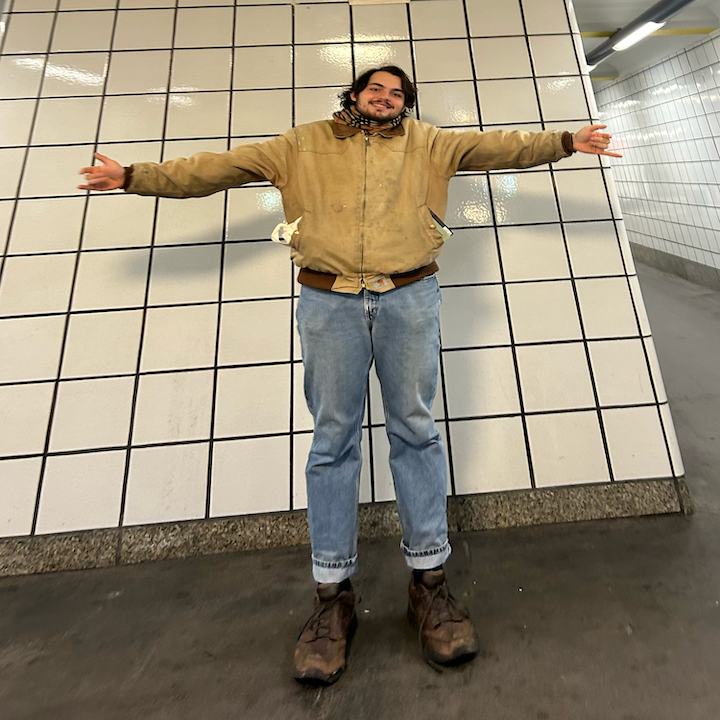Tell us a little bit about yourself and what you do.
I am an artist, curator, poet, and direct support professional. I am 24. I grew up in Berkeley Ca., Berlin, and London, and am now in Chicago. I went to the School of the Art Institute. I started a project space named Weatherproof in 2022 which I now co-direct. I used to work at LVL3. I don’t know how to drive. I mumble.
What are some recent, upcoming or current projects you are working on?
I did a two-person show with my ‘business partner’ Sam Dybeck at Unda.m. 93, which is our friends Parker and Allegra’s living room in Logan Square, in August. Weatherproof chugs along, and is planned out until June of 2025. We’re waiting to hear back about funding from the Irish Arts Council (I think that’s the correct body). I am taking a 6-week poetry workshop led by Elaine Kahn. I might be in a group show in Brussels early next year. I have been building a bike very slowly over the past 2 years.
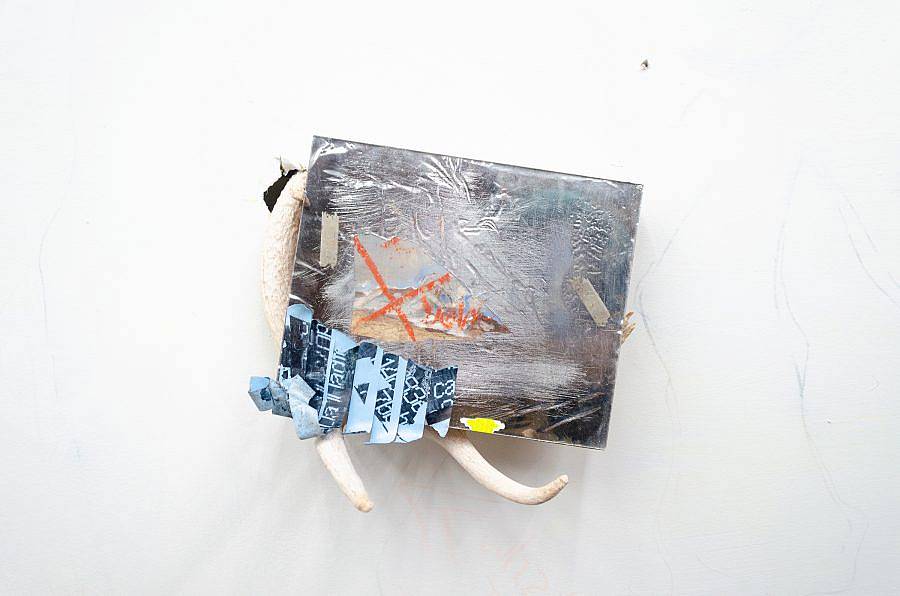
Did you hit the jackpot?
No, I didn’t. Sorry.
Apology accepted.
How has living in Chicago affected your practice?
I mean, I moved here for school when I was 18, so I don’t think it affected my practice inasmuch as it is the only place I’ve ever had one in. Exhibition-making for the space has a whole different answer. I don’t particularly feel influenced by other artists that work alongside me in the city, but they’re working hard, so I should probably work hard as well if I know what’s good for me. Chicago does have a good work ethic, perhaps. You might also push this question to think about localized movements within artist circles—I have no idea if that exists anymore, but I’m not smart enough to tell you it doesn’t. I have friends now, did that affect my practice? Someone who has lived here for nearly two decades in some ‘scene’ told me an idea along the lines of: the longer you stay here the more you might become a character. I would love to become a character.
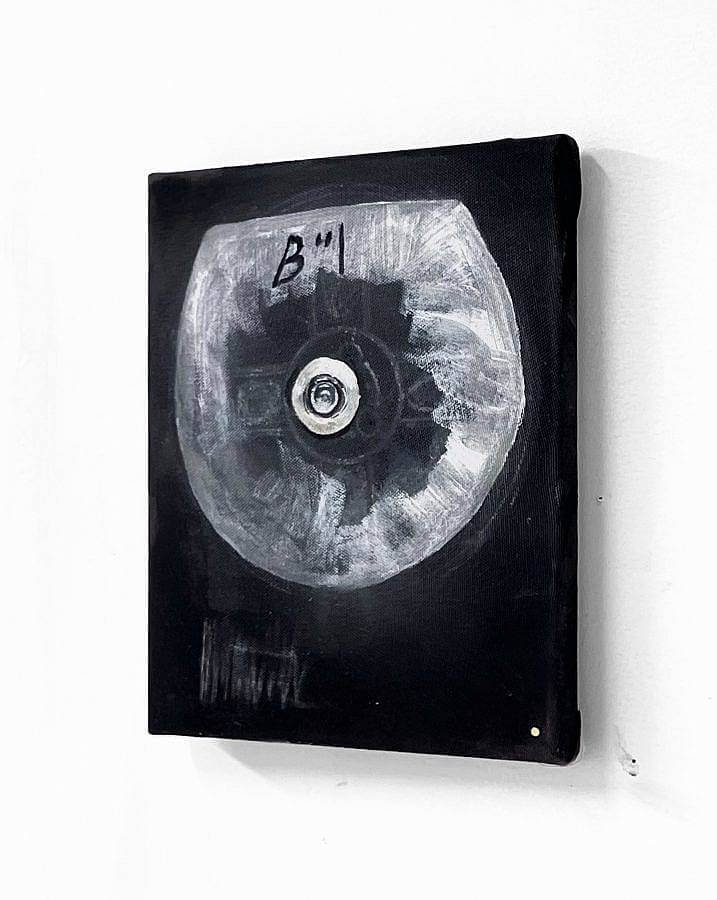
Do you have any daily rituals?
Making coffee in a teapot with a broken handle. Biking. Showering. Thoughts of Inadequacy. Telling myself I’m going to read.
What materials do you use in your work and what is your process like?
I hate buying things, so it’s usually whatever I have, can find (found painting, made with found paints), is given to me, or that I can steal (stolen painting, made with stolen paints). The main things I buy are for specific arrangements of objects, like the show at Unda.m. 93. I bought a cast iron roof ornament, resin deer eyes for taxidermy, and three miscut dollar bills, which went alongside some horns, a portrait of Mao, mugwort, and some dials from a teaching aide for figuring out resistor resistance. All of that work was predetermined before I bought the objects, but then it all fell apart and I had to work it all out again. These objects often require some parsing, and have a sense of turning away from the viewer, materially or structurally, trading in the language of ocular interaction with them, and them with us. Stacks of things, collections of things, wrapped things, bound things. A lot of these combinations usually start as text descriptions —which always makes it odd how the work can then be typecast in reverse, at least from my point of view. This could double as casting a type of role or casting lead type for letterpress. I try to be antagonistic, but its purest form might be to make nothing and that’s no fun at all. Maybe: an adage of paintings as doors but they’re all locked and the people inside are waiting for you to leave—or, a 5G jammer in the bathroom. Right now I’m trying to draw a lot, lots of reference images from a 1942 Berlin address book that my grandparents have, but only from a scan of it, in which there are many diagrams and lithographs of different theaters, opera houses and public stages, whose shapes can point to hierarchies within sight and experience—painting as well, which feels right since I’ve felt pretty manic since I moved studios, and every painting has an exterior view of a lens or peephole, or some sort of reflective component. I prefer reticent things. A part of me can’t stop thinking that I’m acting out the role of a painter rather than actually doing something honest.
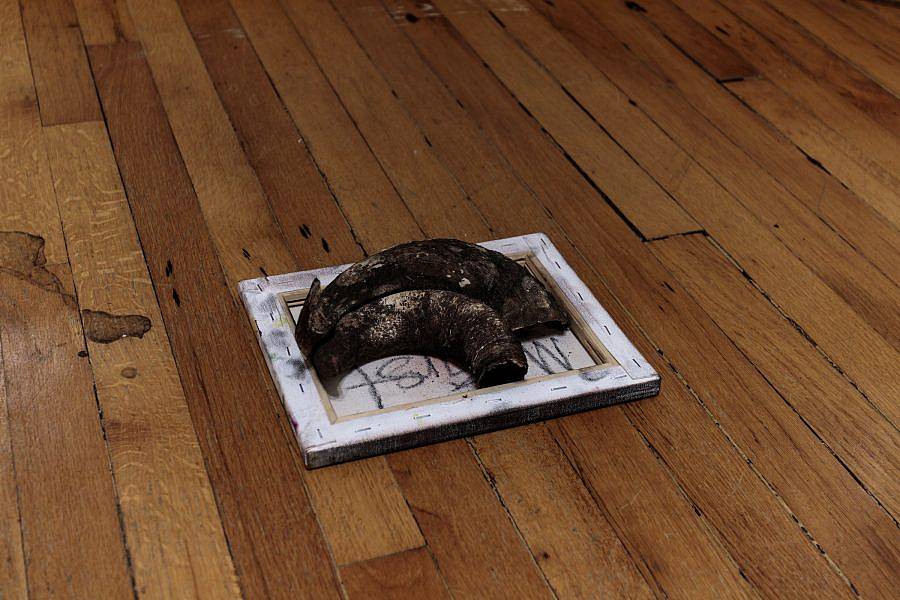
Have you had any dreams that stuck out to you lately, and if so, would you be willing to share?
I don’t remember my dreams, unfortunately. For you, I mean—I don’t care either way.
What artists are you interested in right now solely based on their writing?
Paige K. Bradley writes well, but I’ve yet to pick up a copy of Drive it All Over Me. I read Painter’s Journal by Joshua Abelow recently too, which was funny and obnoxious and honest. olivier is also an incredible poet alongside their weird and wonderful sculptural works.
What is a bubble?
A bubble is where you should go when your ghost is running errands.
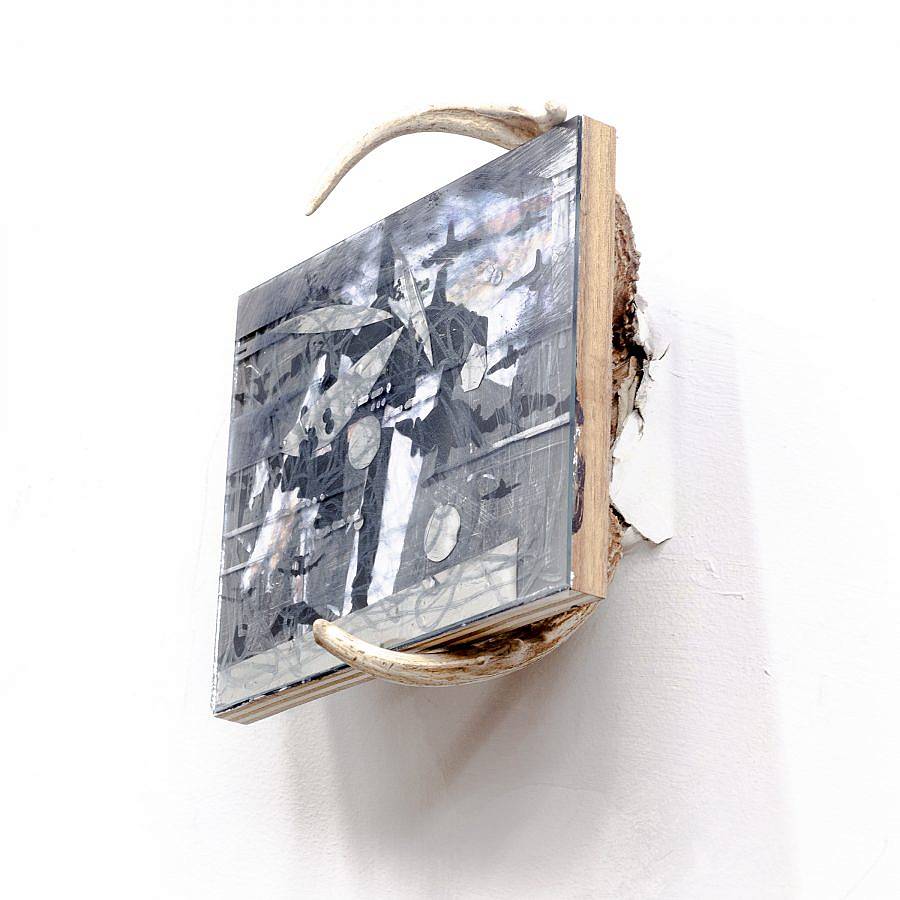
Do you ever look back on your older work in order to inform your future?
Right now, I don’t think a lot of my older work is very good at all.
What was the last show you saw that stuck out to you?
Eh, I got to go back to Hamburger Bahnhof in Berlin when I was visiting my parents this past Christmas and see the Beuys Unschlitt/Tallow (Wärmeskulptur auf Zeit hin angelegt), which was something that I supposedly saw as a toddler from a stroller. Maybe that. I love Beuys, also partially because Anselm Kiefer probably wouldn’t have made the work he did without his existence, and Kiefer is one of my favorite painters. Here’s a story that didn’t happen about a show that I might have put in as an answer: I take the train to Detroit for the final extension of Michael E. Smith’s show at What Pipeline. I twist my ankle disembarking, and valium can be a strong-armed friend—hungry, I nearly eat the foam in the cake box. It won’t be my birthday for another three weeks.
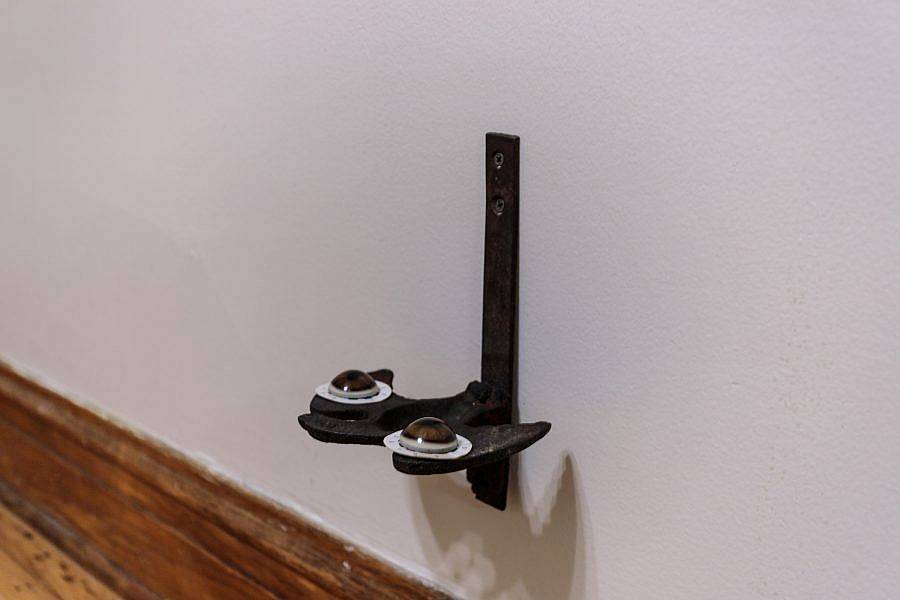
How do you maintain a steady art practice while also operating Weatherproof?
I pretty much didn’t until very recently, when I moved to a studio that was significantly closer to my apartment. I balance it out with writing, which I can do when lethargic at home—that helps. Things don’t always have to be nice packaged projects even if that format lends itself best to work being thrust into a public, which takes some shame out of just ‘working’ rather than ‘working towards something’; enough people know that already, but I’m still learning it. Or, someone telling me at a function: ‘there is always time to go to the studio’, which is just plainly true. I recently talked to an artist who ran project spaces/galleries in Paris and LA before their own practice took off, and they described a reticence by other spaces or dealers to show one of their own as an artist during that time. If I was really confident about the place my own practice was at then I’d probably talk about this more, but I wouldn’t say that I am, so I won’t.
What are you really excited about right now?
Reading. I’m just going to take this opportunity to give recommendations. -Where are the Tiny Revolts? – Sternberg Press/The Wattis Institute -Proofs and Theories – Louise Glück -Carpenter’s Gothic – William Gaddis -Reena Spaulings – Bernadette Corporation -Boat – Lisa Robertson -Cycles – J.J. Zana -The Employees – Olga Ravn Everything is exciting, nothing is exciting, etc. Here’s a question for you: when you choose books to buy/read, how honest are you with your own interests in choosing them? Have you ever felt that you should read a book?
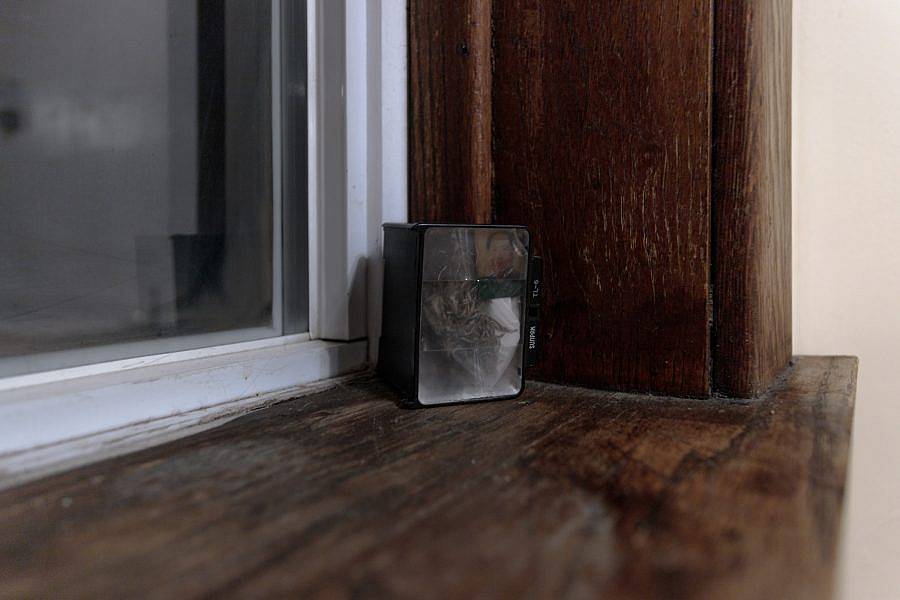
In regards to your making, what is something that you’ve always wanted to do and are working towards achieving it?
As mentioned earlier, I’m not necessarily working in a project-oriented way right now, but I find this question funny in tandem with the hustlepreneur phrase ‘making moves in silence’. Is it not cool to tell people what you’re working on anymore? I don’t think I’ve explained very much about my practice in this interview. Does that make me cool? I wouldn’t mind showing in a barn – I am working towards that by making work. Do you own a barn? Text me @3129371627
What is your father’s name?
Ludwig
Can you share one of the best or worst reactions you have gotten as a result of your work?
I don’t remember. I did have a critique for my thesis work in undergrad where not a single fellow student said anything, only the professors. That was awesome.
Interview conducted and edited by Liam Owings
